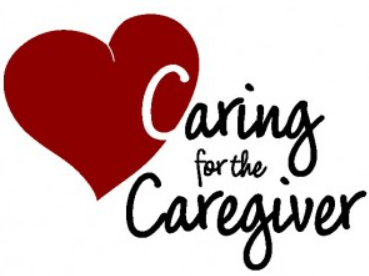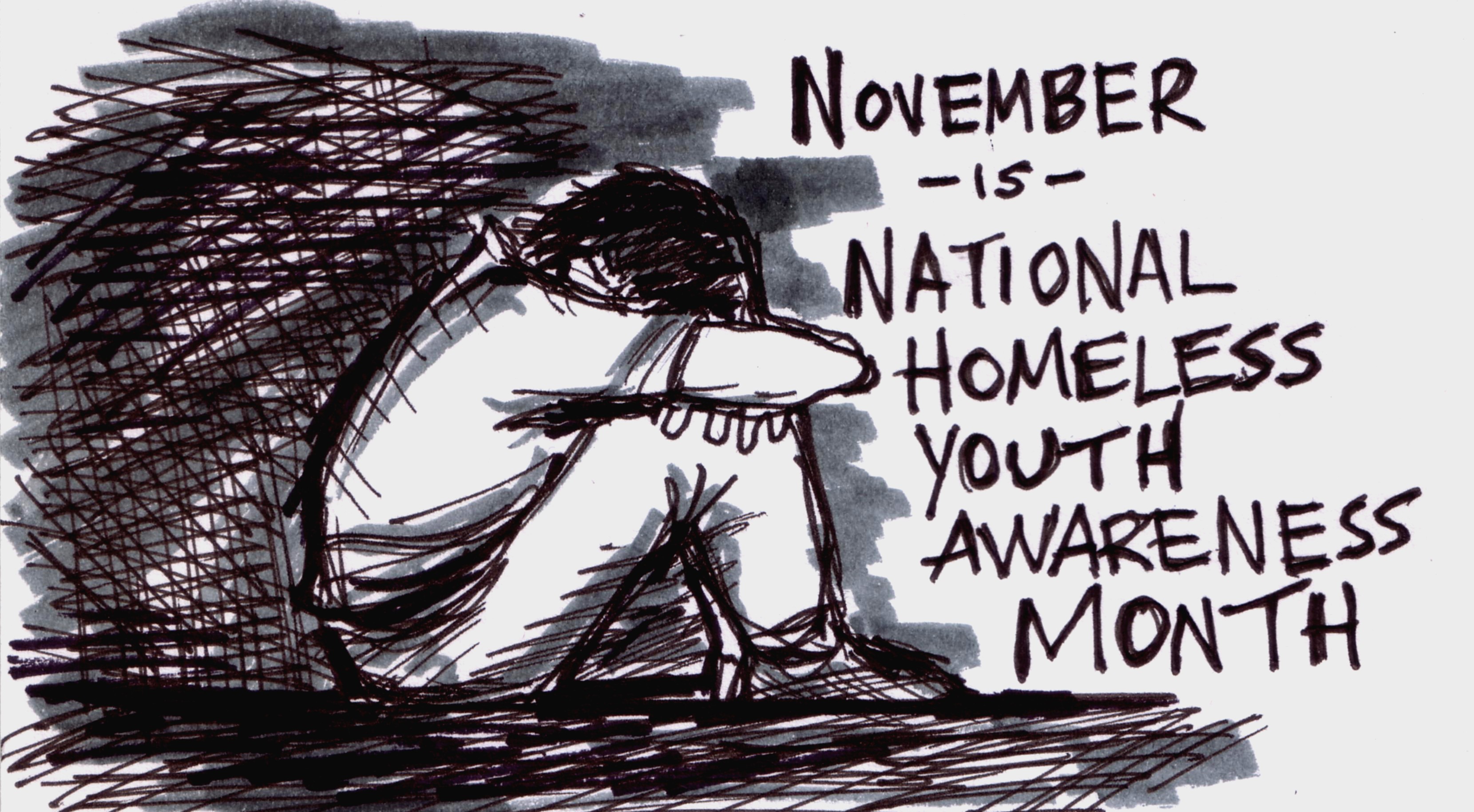Tips for caregivers during the holidays

1. Focus on what is most meaningful
As much as we’d like to create the perfect holiday experience, remember that perfection is not the goal of the holidays, meaning and joy are.
2. Simplify your holiday activities
If going all out for the holidays will push you over the edge this year, remember that it doesn’t have to be all or nothing. If you can’t put out all of your decorations, choose a few items that are most significant.
3. Start new traditions
Instead of focusing on losses and what you and/or your loved ones aren’t able to do this year, try doing something new.
4. Adjust meals
Food is a big part of many holidays, so it’s especially difficult to think about changing mealtime traditions.
- Simplify the menu. Try fewer side dishes or one dessert instead of three.
- Split up the grocery shopping and cooking among other family members and guests. There’s nothing wrong with a potluck.
- Pay someone to cook meals at your house ahead of time or on the holiday.
- Purchase all or part of meals at a local grocery store or restaurant — either fully cooked or ready for you to cook at home.
- Eat at someone else’s home, or at a restaurant.
5. Approach gift-giving more efficiently
Family caregivers are often financially stressed, so it might be necessary to lower your gift-giving budget this year and scale back the number of presents. Try giving the gift of time or attention, like scheduling outings or helping with a project.
6. Anticipate holiday hot buttons
Mentally put yourself in a protective bubble, letting negative energy bounce off without hurting, annoying or distressing you.
7. Mind your mindset
Negative thinking actually activates your body’s stress response, so steer your mind to the positives when you start down that slippery slope.
8. Keep self-care at the top of the list
As caregivers, we give and give and give, and during the holidays we give even more. All that giving can leave you running on empty, with high stress levels or even full-on burnout. Be aware of emotional ups and downs, fatigue, foggy thinking, inability to sit still or the opposite — feeling frozen and unable to get anything done.
9. Connect with other caregivers
Other caregivers are feeling many of the same emotions you are, even when others don’t understand. Connect to share your feelings and get tips for holiday survival.
10. Ask for help
Even if you don’t normally do so, the holidays are a great time to get some extra help — even a few hours can be a huge relief.

